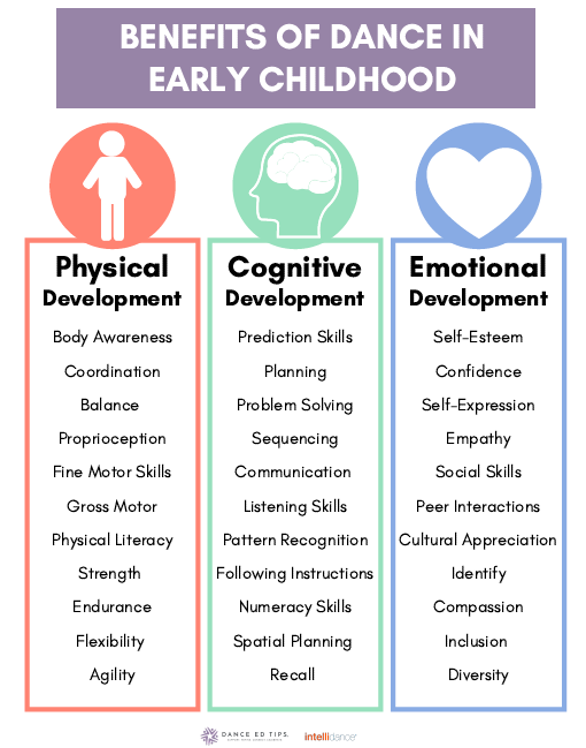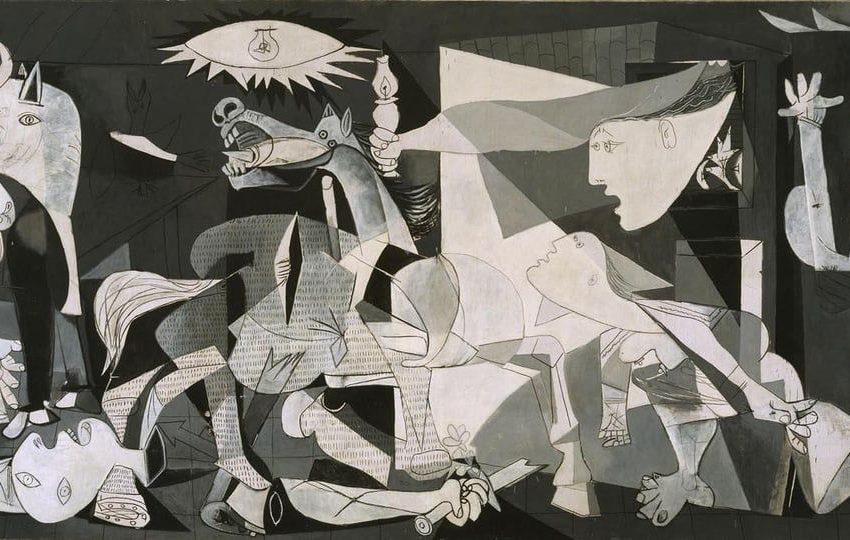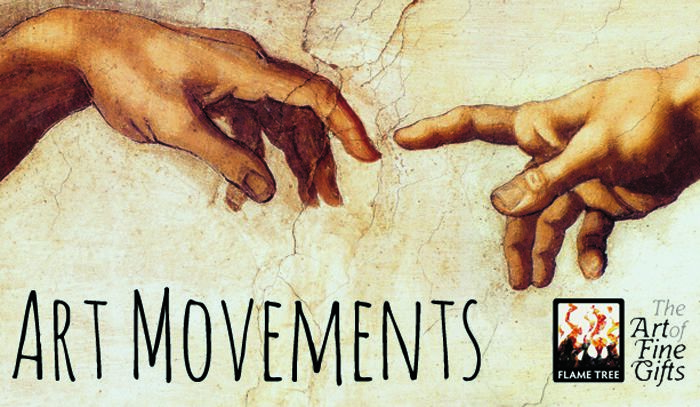The Role of Dance in Developing Motor Skills in Children
Introduction: In today’s fast-paced world, it is more important than ever to ensure that our children are developing the necessary motor skills to lead healthy and active lives. One effective way to help children improve their motor skills is through dance. Dance not only promotes physical fitness and coordination but also helps to develop cognitive and emotional abilities. In this article, we will explore the various ways in which dance can play a crucial role in the development of motor skills in children.
Improving Physical Fitness and Coordination
Dance is a fun and engaging way for children to stay active and improve their physical fitness. As children move and groove to the music, they are engaging multiple muscle groups and improving their cardiovascular health. This helps to build strength, endurance, and flexibility, all of which are essential components of good motor skills. In addition, dance requires coordination and balance, which are crucial for activities such as running, jumping, and playing sports. By participating in dance classes, children can improve their coordination and motor skills in a fun and enjoyable way.
Enhancing Cognitive Abilities
Research has shown that dance can have a positive impact on cognitive abilities in children. When children learn and memorize dance routines, they are engaging their brains in a way that promotes memory and concentration. Dance also helps to improve spatial awareness, rhythm, and timing, all of which are important cognitive skills. By challenging their minds through dance, children can improve their ability to focus, think creatively, and problem-solve – all of which are essential for developing strong motor skills.
Promoting Emotional Well-Being
Dance is not only beneficial for physical and cognitive development but also for emotional well-being. For many children, dance provides an outlet for self-expression and creativity. Through dance, children can learn to channel their emotions in a positive and constructive way. This can help to reduce stress and anxiety, boost self-confidence, and improve overall mental health. By fostering a positive emotional state, dance can create an environment where children feel motivated and empowered to take on new challenges and improve their motor skills.
Conclusion
In conclusion, dance plays a crucial role in the development of motor skills in children. By promoting physical fitness and coordination, enhancing cognitive abilities, and promoting emotional well-being, dance provides a comprehensive approach to improving motor skills in a fun and engaging way. Whether children participate in formal dance classes or simply dance around the living room, the benefits of dance for motor skill development are clear. So, let’s encourage our children to get up and dance – it’s not only good for their bodies but also for their minds and souls.


